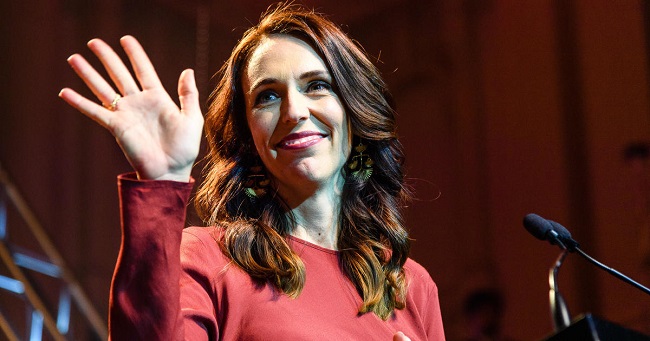In the election held for the 53rd parliament in New Zealand, Jacinda Ardern’s centre-left Labour Party won 49.1%, of seats, which is the highest that the party has got in 50 years. The party won 64 seats, which has been called as outright majority by observers. It has been for the first time that a party in New Zealand has obtained majority in a mixed-member proportional representation system which was introduced in 1996. The opposition centre-right National Party won 26.8% in the polls with just 35 seats in the 120-seat assembly securing the second place. It was the National party’s worst result in elections since 2002. The ACT party, the Green, and the Maori Party won 8%, 7.6%, and 1% of the votes respectively, which won the ACT and the Greens parties 10 seats each, and the Maori party 1 seat.
In an age of rampantly prevalent populism and confrontation, Ardern’s message of empathy and kindness married with skillful crisis management won her Labour Party its biggest share of the votes. Ardern, 40, won international plaudits for her response to the deadly shootings at two mosques in 2019, donning a headscarf as a mark of respect as she mourned with the Muslim community. In December 2019, when the White island volcano erupted, she was there on the ground with the first responders. That demonstrated her empathic nature.
This year, she had demonstrated through confidence, communication and measured action her steel in tackling the coronavirus pandemic, enacting one of the world’s strictest lockdowns to prevent community transmission. The most important part of her strategy was the quick response to the globally spreading pandemic. It was not about what was done, but how swiftly it was done, that made her government’s Covid strategy work well for New Zealand. Her communication with the people in New Zealand, during the pandemic, won the hearts of the observers and experts in public communication and policy implementation. Her efforts shone to a certain degree brighter than other leaders like Angela Merkel of Germany, and Tsai Ing Wen of Taiwan during the Covid19 pandemic, though the other two were highly successful in tackling the pandemic in their respective countries. Her popularity and support base soared even when New Zealand was experiencing the largest quarterly economic decline.
Ardern is now in a position to lead New Zealand’s most left-leaning government in decades but is yet to decide whether to include her ally, the Green Party, which wants more action on issues such as poverty and climate change. She has also pledged to instill more climate-friendly policies, boost funding for disadvantaged schools, and raise income taxes on top earners.
Prime Minister Narendra Modi on Sunday has congratulated Prime Minister of New Zealand, Jacinda Ardern on her resounding victory and for securing a second term in office. Modi said that he looked forward to working together for taking the bilateral relationship to a higher level.
The author is a student member of Amity Centre of Happiness.





